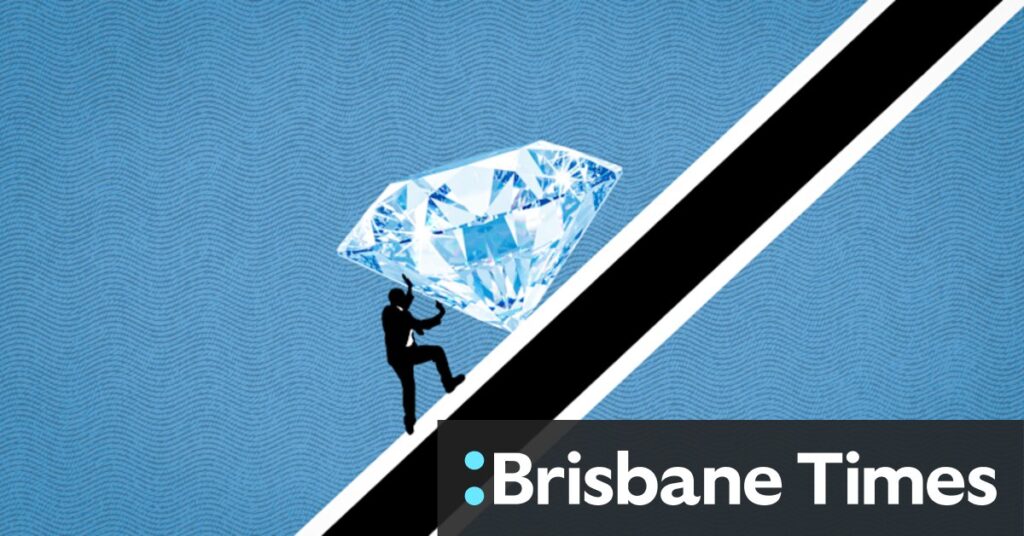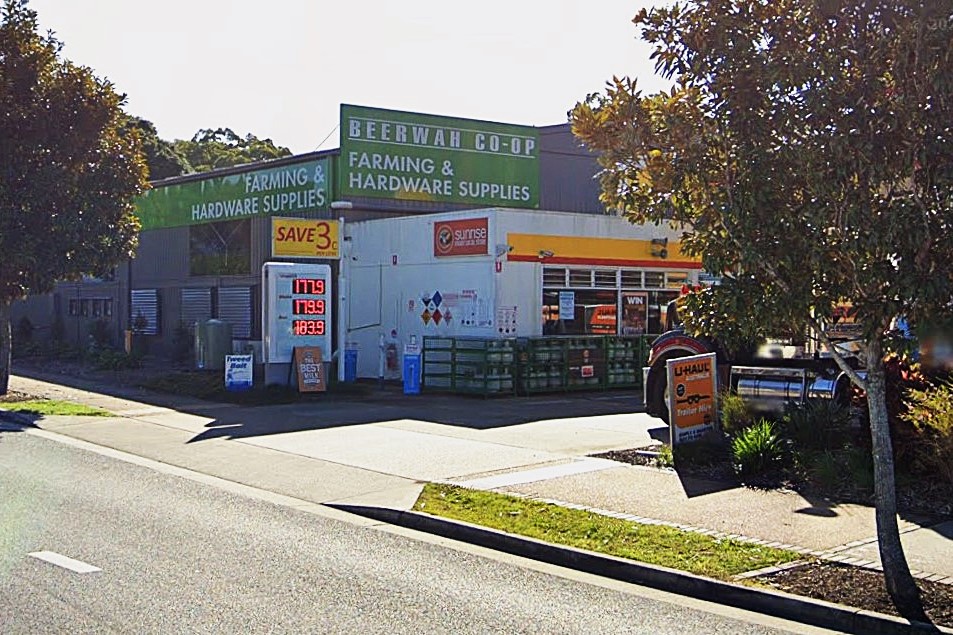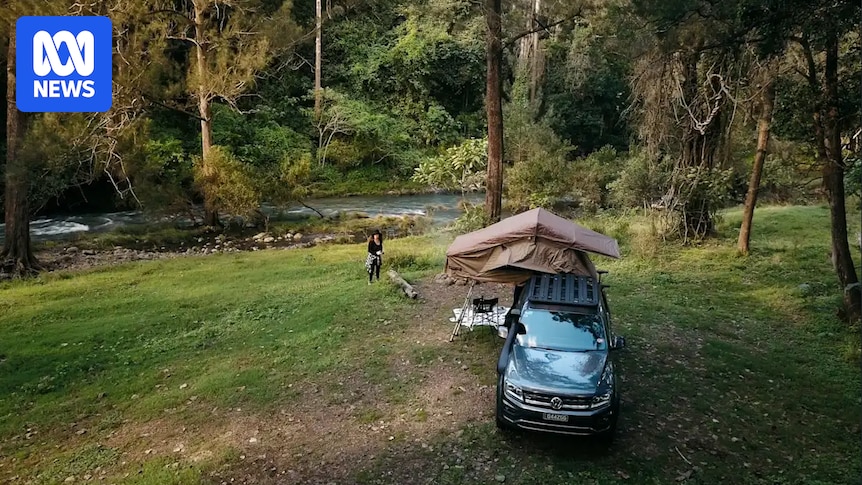
Across Botswana, the lines of patients outside government clinics are lengthening, construction companies dependent on state jobs are firing workers, and university students are threatening to boycott lectures after not receiving the allowance increases they were promised. This economic slowdown marks a sharp reversal from just a few years ago, when the world’s richest diamond deposits allowed the sparsely populated desert nation of 2.5 million people to invest in free and efficient healthcare and fund tertiary education for students at home and abroad.
The discovery of gems in 1967 transformed Botswana from a rural backwater into the richest nation per capita on the sub-Saharan African mainland. However, a diamond-market crisis has turned that once-lucrative find into a liability, highlighting the dangers of an economy overly reliant on a single commodity. According to President Duma Boko, “This is no longer an economic challenge alone; it is a national social existential threat.”
The Rise of Lab-Grown Diamonds
The market for natural diamonds is in crisis, with cut-price lab-grown equivalents hitting demand particularly hard in the United States, the biggest market for the gems. These lab-grown diamonds accounted for almost half of engagement ring purchases last year, compared to just 5 percent in 2019, according to jewellery insurer BriteCo. The collapse of the luxury retail sector in China and the impact of US tariffs have also hurt the industry.
While lab gems can be produced in weeks or months, natural diamonds take billions of years to form. They also cost significantly more than their synthetic rivals, whose increasing popularity is causing prices to plunge. Mining historian Duncan Money notes, “This is causing the biggest disruption in the market since abundant alluvial diamonds were discovered on Namibia’s beaches early last century.”
Economic Implications for Botswana
The decline in diamond sales is choking off revenue that accounts for 80 percent of Botswana’s exports and a third of government income. After repeated write-downs of its value, Anglo American is looking to sell De Beers, the world’s biggest diamond company that mines almost all of Botswana’s gems in a venture with the government. President Boko’s administration, which recently displaced a long-standing political party, is scrambling to address the crisis.
In July, the government engaged Malaysia’s PEMANDU Associates to advise on accelerating economic diversification. On August 21, Boko announced a plan for Al Mansour Holdings, a little-known Qatari group, to invest $12 billion. However, the lack of details and the group’s history of unfulfilled promises have raised questions about the credibility of the pledge.
Social and Economic Repercussions
The economic downturn has led to a public health emergency, with shortages of medication, medical supplies, and equipment. The government has frozen recruitment, and the Botswana Doctors Union reports significant challenges in healthcare delivery. “The situation is very bad,” said Galeemiswe Mosheti, a diabetes patient who waits up to eight hours for his medicine at a government clinic in Gaborone.
For construction companies reliant on government contracts, the situation is equally dire. “Most of our members have had to retrench workers,” said Tshotlego Kagiso, chairman of the Tshipidi Badiri Builders Association. The economic statistics tell a story of rapid decline, with the International Monetary Fund forecasting Botswana’s 2025 fiscal deficit to climb to 11 percent of GDP, the largest budget gap since the global financial crisis in 2009.
Looking Ahead: Diversification and Challenges
While Botswana has long discussed economic diversification, little progress has been made. Tourism, the second-largest contributor after diamonds, accounts for just 12 percent of GDP. Meanwhile, more than two-fifths of the population under the age of 24 remain unemployed. “We must now focus on job creation,” Boko stated, outlining plans for investment in renewable energy, technology, and agriculture. However, the financial constraints pose significant challenges to these ambitions.
Botswana is turning to debt to manage the crisis, securing funds from the African Development Bank and the OPEC fund, and planning a domestic bond roadshow. Its investment-grade credit rating, the highest in Africa, is under threat, with both Moody’s and S&P Global Ratings cutting its outlook to negative.
The move represents a critical juncture for Botswana as it navigates the economic challenges posed by the decline of its diamond industry. The nation must now balance immediate financial needs with long-term strategies for diversification and sustainable growth.







